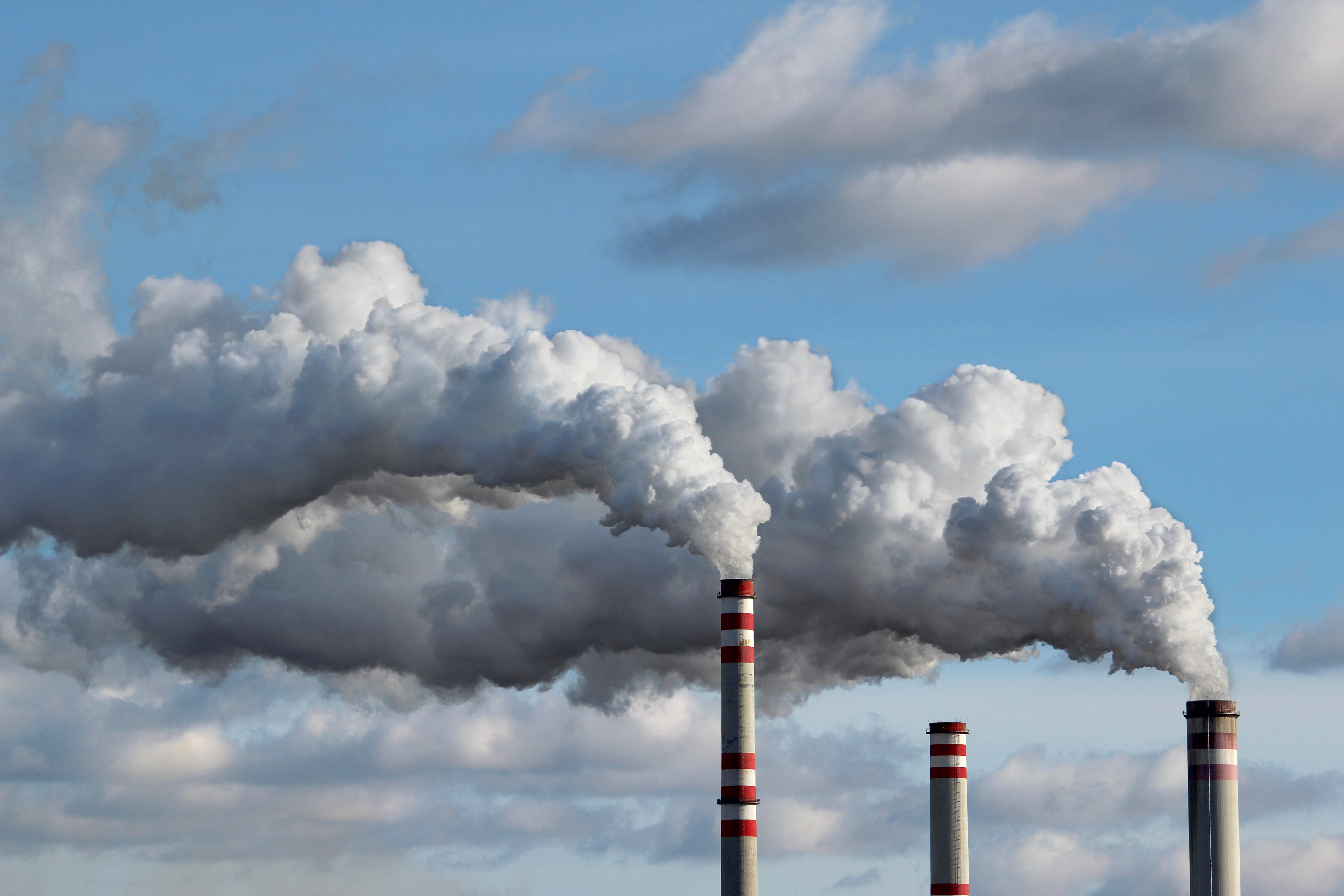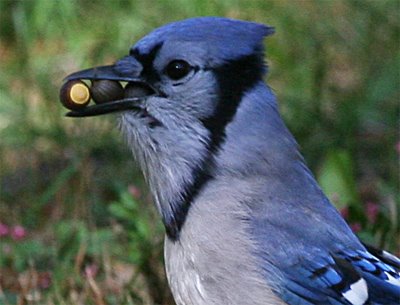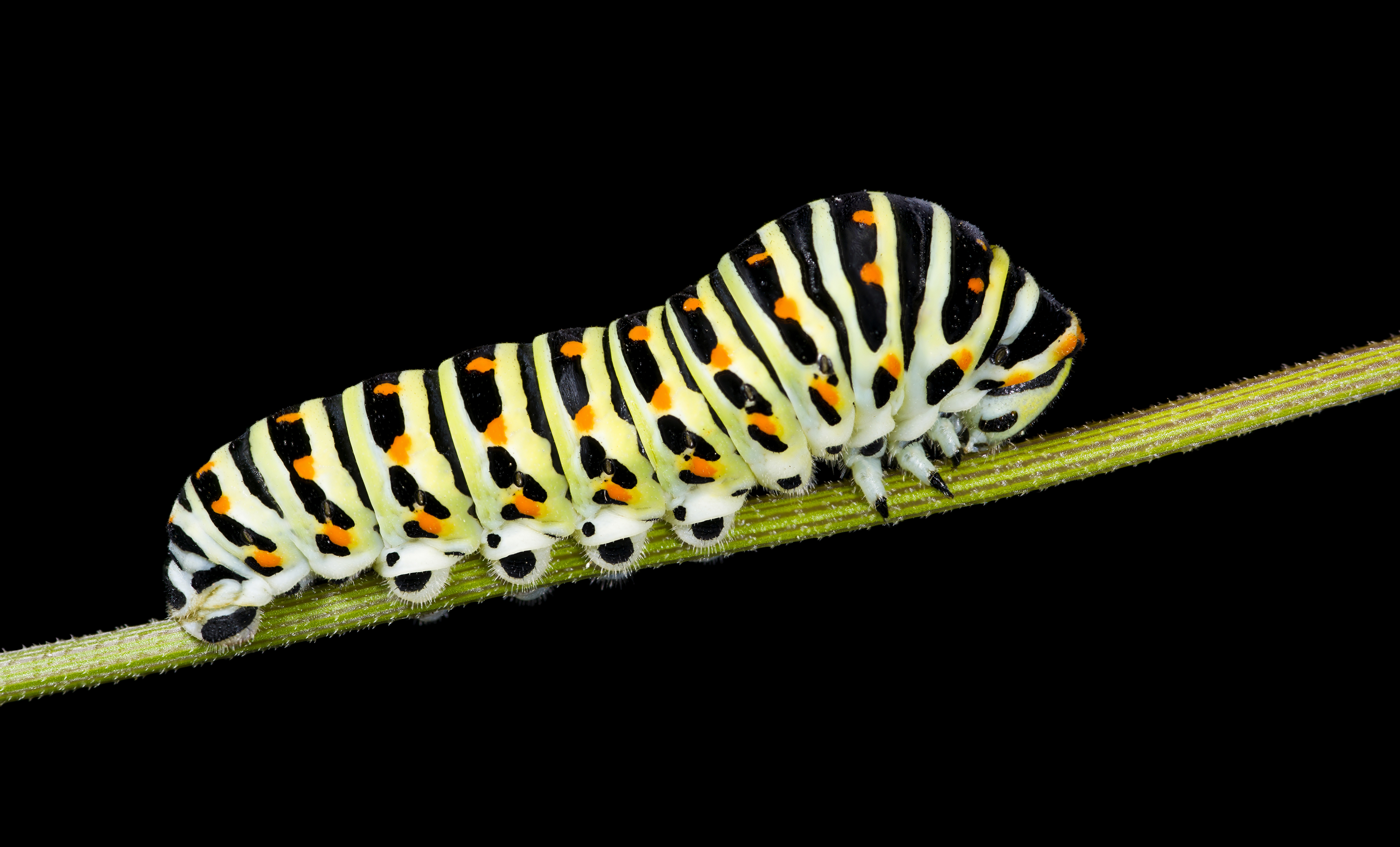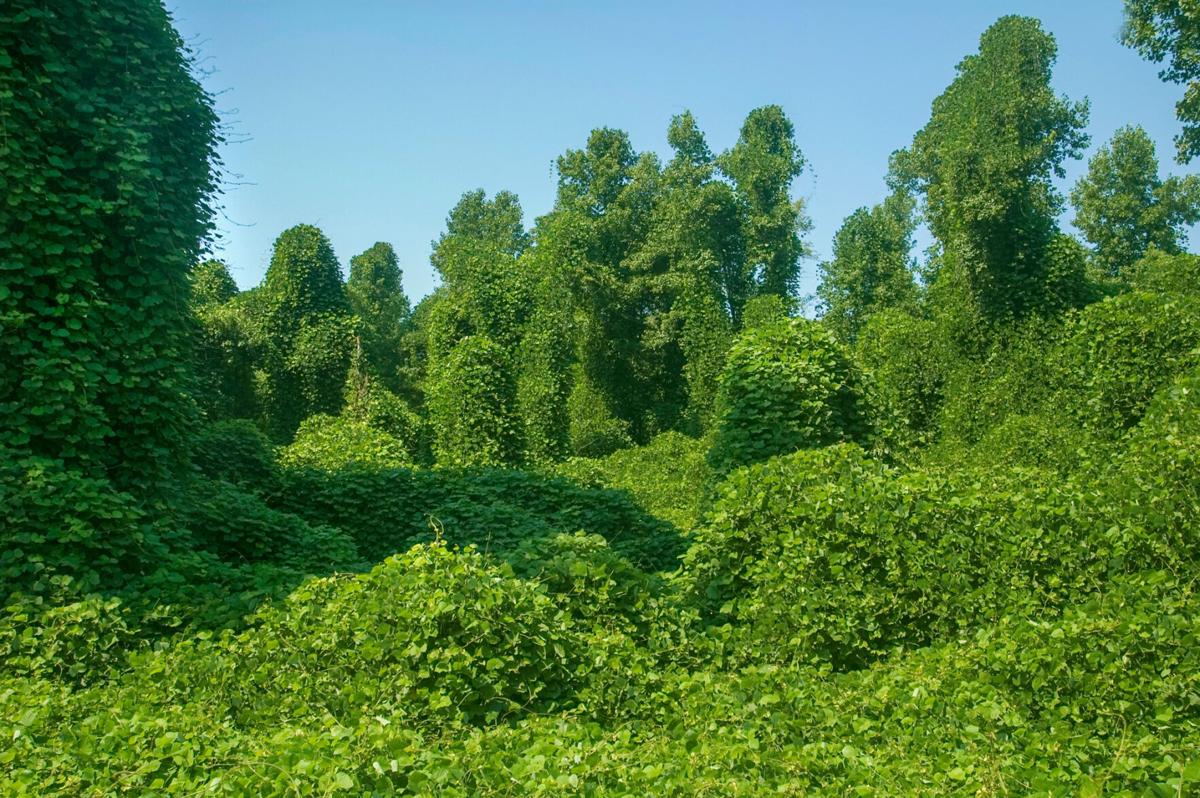Native Plants and Their Importance
Native Plants play a vital role in the health and well-being of our ecosystem as well as our own lives. To truly understand native plants, you must first learn about our ecosytem and our environment.
Aldo Leopold (1887) is an American writer and philosopher and is considered to be the father of wildlife ecology. He once said, "The oldest task in human history is to live on a piece of land without spoiling it."

Our Earth is in distress because we have logged, drained, plowed and paved our land, and polluted our skies. We have introduced more then 3300 species of plants from other continents.

Nature is built from millions of specialized interactions.
For example: Blue Jays are the primary disburser of acorns. They hide/bury their acorns to store them for the winter, but they only remember where the put approximately 1 out of every 4 acorns, which contributes to the natural planting of oak trees. This is just one example of how nature interacts.

Ewhhhh....BUGS??
What would happen if bugs were to disappear?
Without bugs, most flowering plants would go extinct. There would be a rapid collapse of the food webs that support amphibians, reptiles, birds and mammals. Also, the biosphere would rot due to the loss of insect decomposers.

So, what can we do to help?
RESTORE AND RENEW
Let's start by focusing on the important species.
Bees are extremely crucial for our survival. To help save he bees, we need flowering plants. Caterpillars are also crucial, as they sustain our food webs. They transfer more energy from plants to other animals than any other type of plant eater. Most birds feed their offspring caterpillars, so without the caterpillars, birds are significantly affected.
PLANT CHOICE MATTERS
Less lawn! We can take our lawn space and cut that in half to provide more space for native species.
![350+ Environment Pictures [HQ] | Download Free Images ...](https://media.istockphoto.com/id/1410391090/photo/crystal-globe-putting-on-moss.webp?b=1&s=170667a&w=0&k=20&c=7CxPK3yCzidarDiNXhkk4NfR3w4KT2mCGRG5mZ87HSA=)
What is the difference between NATIVE and INVASIVE plants?
Native plants are a species that originated and developed in its surrounding habitat and has adapted to living in a certain environment.
Invasive plants are a species of plants that outcompetes other species, causing damage to the ecosystem.
We as a garden center will not sell plants if they become invasive. Some plants include Bradford Pear trees and Japanese Barberry. They are a threat to natural areas, eliminate food & cover for wildlife and threaten rare plant and animal species.
Non-native weeds invade 1,730,000 acres of wildlife habitat per year in the US.

SO, why are Native plants important?
Nature is a series of specialized relationships. Native plants help pollinators, which we NEED! They help keep our food web stable. Many insects and animals feed only on native plants. For example, the larvae of monarch butterflies will only eat leaves of plants in milkweed family. No milkweed, no butterflies.
Native plants help make our water healthier and are the perfect plant for our environment. They take less water and require no fertilizer or pesticides.

Often times, people tend to focus on Native Plants being only perennials, but they are so much more than that. They are not only flowering perennials, but they can be trees, shrubs or grasses.
Some great options for Indiana native plants are: Purple Coneflower, Milkweed, Bee Balm, Iris, Primrose, Golden Rod, Joe-Pye Weed, Fragrant Sumac, Inkberry Holly, Prairie Dropseed Grass, Winterberry Holly, White Pines, Serviceberry, Heritage River Birch, Red Sunset Maple and Sweet Bay Magnolia. These are just a few options of native plants that you can use at your home.
So how will you help our ecosystem going forward?
Will you plant some natives at your home?
